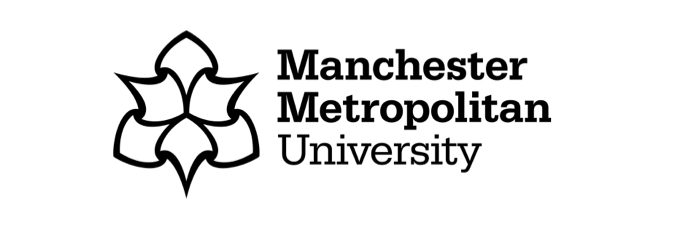In the 21st century, creating a sustainable future hinges on addressing significant environmental, societal, and economic change. From changing people’s attitudes towards their environment to understanding how new technologies can provide future solutions, environment and sustainability researchers take a collaborative and interdisciplinary approach to tackling some of the grandest challenges of our time.
As the world unites behind the UN’s Sustainable Development Goals, the urgency for swift and effective solutions to address the crises of climate change as well as the impact on nature and human society has never been more critical.
If these issues strike a chord with you, the MSc in Environmental Sustainability from Manchester Metropolitan University gets to the heart of it. It is your gateway to mastering the knowledge and skills to address emerging themes and the challenges they present. You’ll draw upon local, regional and international insights to help you understand and lead the way in devising effective solutions.
Manchester Met is one of the UK’s leading sustainable institutions, maintaining a top-three ranking in the People and Planet University League since 2013. The MSc programme aims to live up to this reputation, bringing together diverse perspectives to confront what the United Nations calls “the defining issue of our time.” Led by research-active staff at the forefront of the sector, students benefit from unparalleled expertise, ensuring their education stays ahead of the curve. “Real-world case studies and examples from across the globe are used in our teaching. We critically assess all these approaches on the course and consider recommendations for enhancing policy and practice where appropriate,” says Chris Paling, a Senior Lecturer in Environmental Management who also does research on carbon accounting and management.

Students benefit from research-led teaching at Manchester Metropolitan University. Source: Manchester Metropolitan University
The MSc has recently been reviewed, ensuring that the curriculum remains interesting and relevant. You’ll study eight core units covering environmental sustainability, climate change adaptation, net zero, and biodiversity. These will empower you with insights that resonate across governmental, corporate, and societal structures, aligning your skills with what the public, private, or charitable sectors need.
For example, you’ll explore the intricate interplay of climate hazards, vulnerability, and exposure in the module on climate risk assessment and management, gaining insights into the latest climate data and scientific tools. Another module on “Developing Resilient Cities”, trains you to assess community risks and propose strategies for urban resilience — crucial skills in a world grappling with the impact of environmental changes.
These are interdisciplinary modules. “The collaboration of climate scientists, environmental scientists, biologists, and social scientists within the programme will provide students with the knowledge and skills to explore wicked problems at the nexus of the twin crises of climate change and biodiversity loss, which can only be addressed through an interdisciplinary lens — for example, sustainable use of biological resources and efforts to develop and manage marine resources,” says Dr. Gina Cavan, a senior lecturer and geographer specialising in applied climatology, urban ecosystems, and geographical information science.
The programme’s home base is the brand-new 115-million-pound Dalton building (opening in 2024). Here, you can work with peers in a facility with dynamic learning spaces, world-class teaching and research facilities and conducive study zones. Not only that, you can also improve your networking skills and enhance your learning as you draw upon expertise within the department.

There are many significant opportunities for postgraduate students to learn about and contribute to research and innovation activities. Source: Manchester Metropolitan University
The Department of Natural Sciences is a certified Carbon Literacy Training Organisation. Students will gain accredited Carbon Literacy learning and, following successful completion, will be awarded the Carbon Literacy Certificate. It involves understanding of the causes and impacts of our everyday carbon emissions.
“Manchester Met is the world’s first university to help students become carbon literate. Students can engage with the wider community through our award-winning peer-to-peer Carbon Literacy for Students training model and learn to deliver our Carbon Literacy Training Toolkit, used by over 160 institutions globally,” says Dr. Cavan. “Through this, students have the unique opportunity to support public and private sector organisations to become carbon literate, helping everyone understand how we can together tackle the climate crisis.”
As graduates of this MSc, they carry the expertise and specialist skills to succeed in various roles. These include environmental consultants, environmental policy analysts, sustainability managers, environmental educators, and corporate social responsibility managers.
Preparing for employment or further study is a running theme throughout the programme. For example, all assessments are coursework-based and authentic. They develop important professional skills at the same time as testing understanding and the application of knowledge.
“We introduce students to different tools and skills relevant to multiple career paths,” Paling says. “For example, students are supported in writing a response to a tender document, producing a policy briefing note, and developing project management skills. In addition, career support is available from when students join us and up to three years after they finish their course.”
Ready to play your part in environmental sustainability? Click here to discover how to make that a reality at Manchester Metropolitan University today.
Follow Manchester Metropolitan University on Facebook, X, YouTube, and Instagram.











